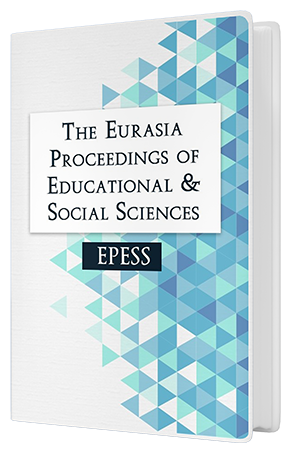SELF-CONCEPT AND SELF-EVALUATION IN THE TRANSITION FROM PRIMARY TO LOWER SECONDARY EDUCATION
Keywords:
School transition, self-concept, self-esteem, impact, lower secondary educationAbstract
In this article I’ll present theoretical concepts and empirical results of self-concept and self-esteem of the children in transition from primary school to lower secondary education (LSE). Through the evidences from research literature, this article, aims to provide answers to such questions: How and what aspects of self-concept and self-esteem of children develop and change during childhood and adolescence? Is there a correlation between levels of self-concept and self-assessment that the child has for him and his academic achievements? Why is it important to maintain high levels of self-concept and self-esteem of the child for the life in general, and for the school life in particular? Studies of the last two decades have shown that changes in self-concept and self-esteem of the child are strongly correlated with pupils’ academic achievements. Keeping positive levels of self-concept and self-esteem, would facilitate the difficulties of the child's adjustment at the new school.Downloads
Published
Issue
Section
License
Copyright (c) 2014 The Eurasia Proceedings of Educational and Social Sciences

This work is licensed under a Creative Commons Attribution-NonCommercial-ShareAlike 4.0 International License.
The articles may be used for research, teaching, and private study purposes. Any substantial or systematic reproduction, redistribution, reselling, loan, sub-licensing, systematic supply, or distribution in any form to anyone is expressly forbidden. Authors alone are responsible for the contents of their articles. The journal owns the copyright of the articles. The publisher shall not be liable for any loss, actions, claims, proceedings, demand, or costs or damages whatsoever or howsoever caused arising directly or indirectly in connection with or arising out of the use of the research material. All authors are requested to disclose any actual or potential conflict of interest including any financial, personal or other relationships with other people or organizations regarding the submitted work.




